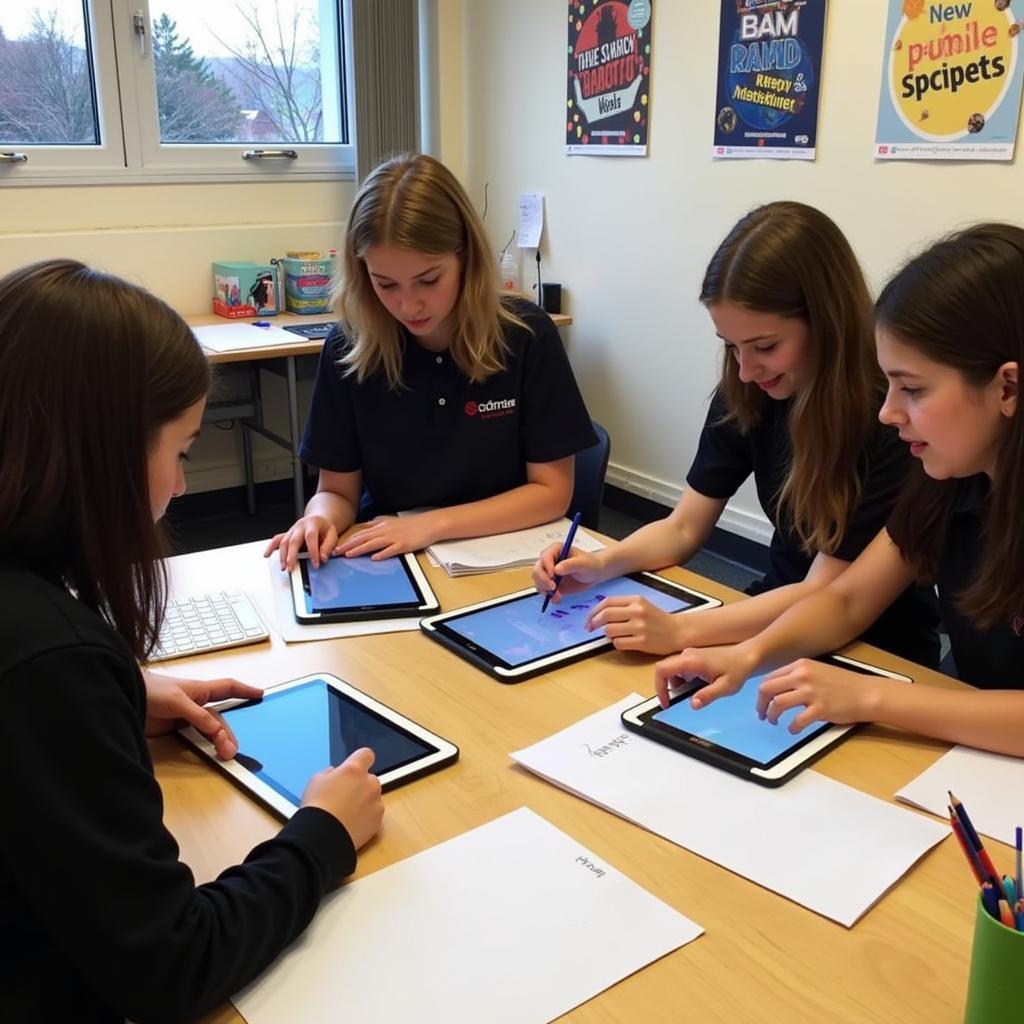The topic of creativity in education has consistently appeared in IELTS Writing Task 2, particularly during 2019-2023. Based on analysis from major IELTS preparation websites and past exam records, questions about fostering creativity in schools have appeared approximately 15-20% of the time in education-related topics. This trend suggests a high probability of encountering similar questions in future tests.
Similar to the importance of early childhood education in development, creativity development plays a crucial role in shaping young minds.
Analysis of Task 2 Question
Some people think that schools should encourage students to be creative by including activities like art, music and drama in the curriculum. Others believe that these subjects are a waste of time and schools should focus on core academic subjects. Discuss both views and give your opinion.
This question requires:
- Discussing two contrasting viewpoints about creative subjects in schools
- Providing your personal opinion
- Supporting arguments with relevant examples
- Following a clear essay structure
Sample Essay 1 (Band 8.5)
Much like Drama and theater in schools, the role of creative subjects in education has become a contentious issue. While some advocate for their inclusion in the curriculum, others consider them unnecessary. This essay will examine both perspectives before presenting my own viewpoint.
Those who support creative subjects argue that these activities are essential for holistic development. Art, music, and drama help develop crucial skills like imagination, self-expression, and emotional intelligence – capabilities that are increasingly valuable in today’s innovation-driven economy. Furthermore, creative pursuits often serve as stress-relievers, helping students maintain better mental health while managing academic pressures.
Conversely, opponents contend that schools should prioritize core academic subjects. They argue that in an increasingly competitive global marketplace, proficiency in mathematics, sciences, and languages is more crucial for future career success. Time spent on creative activities, they believe, could be better utilized mastering these fundamental subjects.
However, I firmly believe that creative and academic subjects are not mutually exclusive but complementary. Similar to Entrepreneurial education in schools, creative subjects foster innovative thinking and problem-solving abilities that enhance performance in academic subjects. Research has shown that students engaged in arts often demonstrate improved cognitive abilities and academic performance.
In conclusion, while core academic subjects are undoubtedly important, creative activities play an equally vital role in developing well-rounded individuals prepared for future challenges. Schools should strive to maintain a balanced curriculum that nurtures both academic and creative capabilities.
 Students collaborating on creative projects in modern classroom
Students collaborating on creative projects in modern classroom
Sample Essay 2 (Band 6.5)
The inclusion of creative subjects in school curriculum is a topic of debate. Some people think these subjects are important, while others believe they waste time. I will discuss both views and share my opinion.
Supporters of creative subjects say they are good for students. Art, music and drama help students express themselves and feel happy. These subjects make school more interesting and help students learn better. Some students who are not good at academic subjects can shine in creative activities.
On the other hand, some people think schools should focus on main subjects like math and science. They believe these subjects are more important for getting good jobs. In countries like China and India, parents want their children to study hard subjects that will help them earn money in the future.
I think both creative and academic subjects are important. While studying math and science helps students think logically, creative subjects help them think differently and solve problems. For example, my friend who studied music in school is now a successful computer programmer because he can think creatively.
In conclusion, I believe schools should teach both types of subjects. This will help students become successful and happy in their future lives.
Analysis of Band Scores
Band 8.5 Essay Analysis:
- Sophisticated vocabulary and complex structures
- Clear, logical organization
- Well-developed arguments with specific examples
- Effective use of cohesive devices
- Natural and fluid writing style
Band 6.5 Essay Analysis:
- Simple but clear vocabulary
- Basic essay structure
- Limited range of complex sentences
- Some development of ideas
- Basic cohesive devices
Key Vocabulary
- holistic (adj) /həʊˈlɪstɪk/ – comprehensive and complete
- contentious (adj) /kənˈtenʃəs/ – causing disagreement
- cognitive (adj) /ˈkɒɡnɪtɪv/ – related to thinking and mental processes
- complementary (adj) /ˌkɒmplɪˈmentəri/ – combining in a way that enhances
- innovative (adj) /ˈɪnəveɪtɪv/ – introducing new ideas
- nurture (v) /ˈnɜːtʃə/ – to encourage development
- proficiency (n) /prəˈfɪʃənsi/ – skill or expertise
For practice, try writing your own essay on this topic and share it in the comments. Similar topics might include the role of technology in fostering creativity or the balance between structured learning and creative freedom in education.


